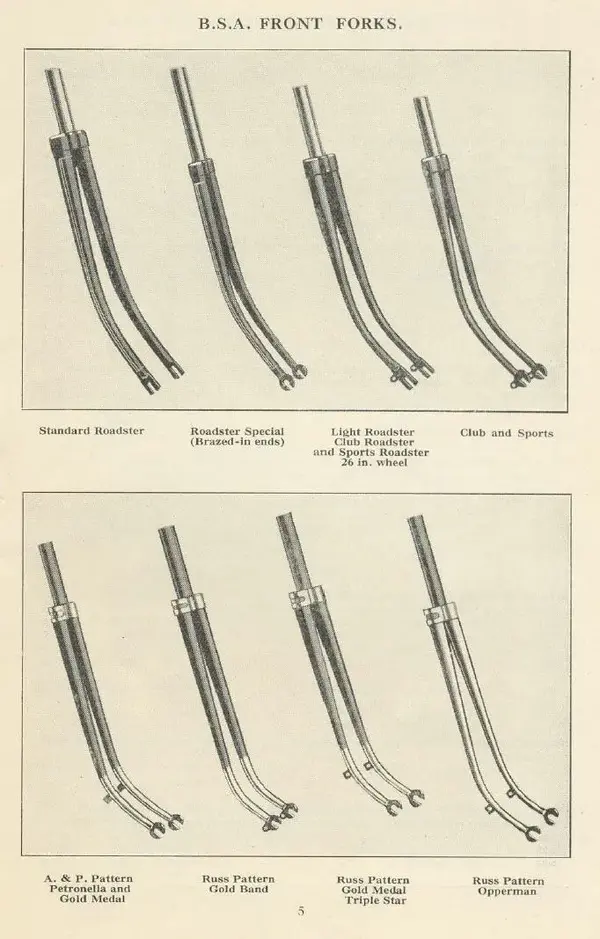I'm not sure how to expand, but I'll try since you want me to.
To me bicycle is deeply political because to me it is very much the antithesis to the direction things are going. People are desperately searching for ethical ways to continue living as luxuriously and comfortably as they are today, but everything is pointing towards humans having to make do with less, but they aren't willing to make compromises. and to genuinely make a difference, that is a requirement.
And by difference, I mean a difference not just applying to the population white, western world, which of course is more easily saved that the godforsaken south in the minds of idealists. The bicycle is therefore deeply political to me, as it acts as a solid stand point. If someone refuses to drive a motorised vehicle and instead drives an 'organically driven' vehicle like a bicycle, then that's a huge positive.
The problem though is that the bicycle industry as a whole now follows the direction of the car industry, and it's a popularity contests pushing utter nonsense you don't need. So, promoting the buying of second hand bicycles and pushing for old standards to be preserved is a good idea. Because it takes away the wasteful side of the cycling industry and focuses on the good. The bicycle could change the world in the urban regions around the world, but if we're merely pushing another luxury, expensive lithium mined electric bicycles, all that effort is wasted. Why destroy something that could be beautifully sustainable long term for the sake of a trend that won't last?
We have to reject the consumerist elements of the bicycling industry. We have to make longevous bicycle available to the masses so they can get to explore the world on their own terms while improving their physical and mental health, and we've found through a multitude of studies that exercising is the key to tackling many of the stresses and pains on modern day society, and if that's the case then I think it's worth investing into. And I think it should be pushed and encouraged in every way possible.
